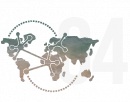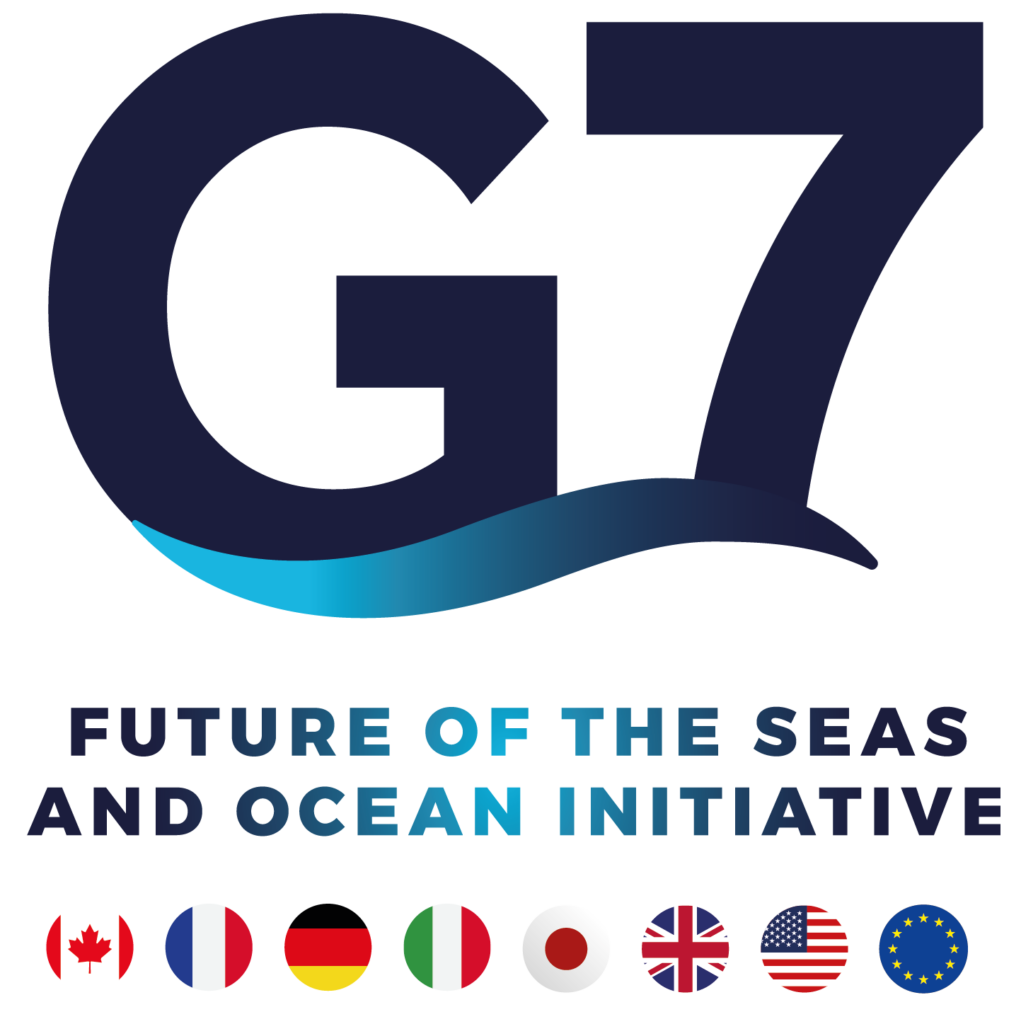G7 FSOI activities over the period 2021 to 2022 focused on resource mobilization and international commitments to implement the ocean observing system, monitoring those commitments, and aligning them across the G7.
Activities developed under the 5 G7 FSOI Action Areas were finite-lifetime projects or ‘think-tank’ exercises designed to test and pilot new initiatives to advance the global ocean observing system. They were developed through wide consultation across the G7 ocean observing communities and in close partnership with the Global Ocean Observing System (GOOS).
G7 FSOI activities were carried out through two types of engagement:
- Resource Strategy Groups, which bring together G7 government representatives responsible for funding ocean observations to agree on common investment priorities and implementation strategies, or to carry out reviews and foster dialogues on G7 ocean observing governance, coordination, and funding mechanisms.
- Scientific and Technical Support to GOOS Expert Groups, where the G7 FSOI Coordination Centre provides support to the GOOS Expert Groups to address G7 priority issues, particularly to enhance observation capacity in under-sampled areas for under-sampled variables.
Through these activities, the G7 FSOI was able to craft science-to-policy narratives through publication of high-level communiques and briefs with a G7 label that can be used by nations to mobilize resources and to translate ‘knowledge-to-action’.
The G7 FSOI Coordination Centre carried out the following activities in the 5 Action Areas over the period 2021 to 2022:

Observing system
Support the development of a global initiative for an enhanced, global, sustained sea and ocean observing system
- The Global Biogeochemical Argo Fleet (Resource Strategy Group)
- A Surface Ocean CO2 Monitoring Strategy (Support to GOOS Expert Panel)
- Augmented Observing & Forecasting Capacity for Marine Life (Support to GOOS Expert Panel)
- Observing System Evaluation Framework (Support to GOOS Expert Panel & the Ocean Observing Co-Design Decade programme)

Assesments and reporting
Support an enhanced system of ocean assessment through the UN Regular Process for global reporting and assessment of the state of the marine environment.

Data sharing infrastructure
Promote the improvement of global data sharing infrastructure to address the challenges of physical, chemical and biological data.

Regional observing capacity
Strengthen collaborative approaches to encourage the development of regional observing capabilities and knowledge networks.
- Regional observing capacity will be addressed across all activities, and particularly in the activities:
- Augmented Observing & Forecasting Capacity for Marine Life (Action Area 1)
- A Global Ocean Monitoring Indicators Framework for Assessments and Observing System Evaluation (Action Area 3)

Political cooperation
Promote increased G7 political cooperation by identifying additional actions needed to enhance future routine ocean observations.
